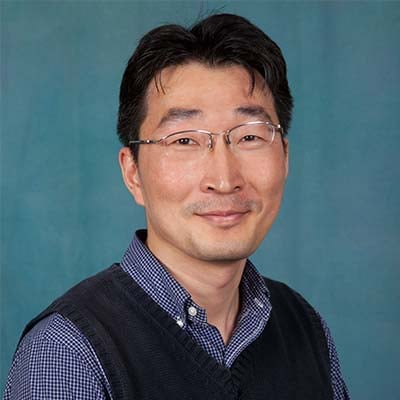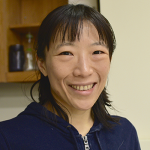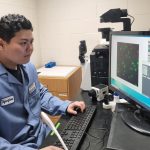Deok-Ho Kim Receives Award from the International Society of Biofabrication

Deok-Ho Kim, INBT Associate Member and Associate Professor of Biomedical Engineering and medicine has received the 2021 Mid-Career Investigator Award from the International Society of Biofabrication. The award recognizes one, mid-career investigator that has made significant contributions to the biofabrication field. In recognition of his efforts, Kim received a plaque, honorarium, and spoke virtually at the Awards Ceremony in the annual Biofabrication 2021 conference meeting.
“It is an honor to receive this award for my laboratory’s work in the development of multi-scale biofabrication techniques and microphysiologyical systems for disease modeling, drug screening and precision medicine. This achievement would not have been possible without the dedicated predoctoral and postdoctoral trainees that have worked with me. The International Society of Biofabrication is relatively young, 10 years, and has already made a profound impact by bringing together scientists in the field and demonstrating the utility of biofabrication and bioprinting techniques in various biomedical applications, including biomedical device, tissue engineering, and regenerative medicine. I look forward to continuing my involvement in the society and seeing the field of biofabrication grow,” said Kim.
Kim’s research spans the disciplinary boundaries between nanotechnology, biomaterials, and mechanobiology with an emphasis on their applications to tissue engineering and regenerative medicine. He combines multi-scale biofabrication tools with human pluripotent stem cell technologies to develop bio-inspired materials and devices, and functional tissue engineering models. His goals are to better understand complex cellular behavior in response to microenvironmental cues in normal, aging and disease states, to gain new mechanistic insights into the control of cell-tissue structure and function, and to develop multi-scale regenerative technologies for improving human health.





